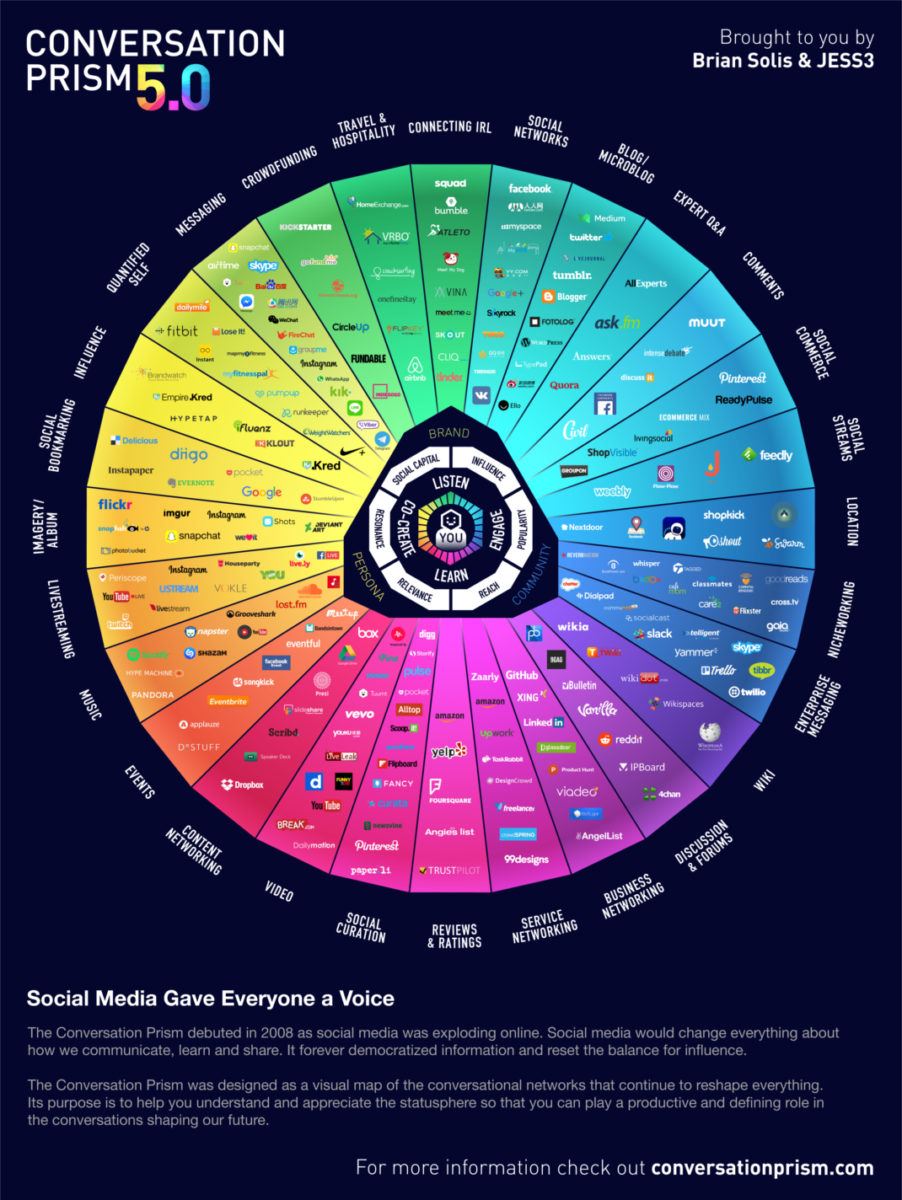
Visual Map of the Social Media Universe





Why is abbreviated such a long word?
Why does monosyllabic have five syllables?
Why isn’t phonetic spelled the way it sounds?
Why is a carrot more orange than an orange?
Why are there interstate highways in Hawaii?
Why do we drive on parkways and park on driveways?
Why are they called apartments, when they’re all stuck together?
Why do scientists call it research when looking for something new?
Why do they call it a building? It looks like they’re finished. Why isn’t it a built?
Why is it when you transport something by car, t’s called a shipment, but when you transport something by ship, it’s called cargo?
If vegetarians eat vegetables, what do humanitarians eat?
If price and worth mean the same thing, why priceless and worthless are opposites?
Is there another word for synonym?
Is it possible to be totally partial?
Warren Buffett says that one of the luckiest days of his life was when he was 19-years-old and happened to have picked up Benjamin Graham’s book, The Intelligent Investor.
That book changed his investment philosophy and his whole life.
He says that had it not been for the book, he would’ve been a different person at a different place.
1. Never enter a trade before you know where you will exit if proven wrong.
2. First find the right stop loss level that will show you that you’re wrong about a trade then set your positions size based on that price level.
3. Focus like a laser on how much capital can be lost on any trade first before you enter not on how much profit you could make.
4. Structure your trades through position sizing and stop losses so you never lose more than 1% of your trading capital on one losing trade.
5. Never expose your trading account to more than 5% total risk at any one time.
6. Understand the nature of volatility and adjust your position size for the increased risk with volatility spikes.
7. Never, ever, ever, add to a losing trade. Eventually that will destroy your trading account when you eventually fight the wrong trend.
8. All your trades should end in one of four ways: a small win, a big win, a small loss, or break even, but never a big loss. If you can get rid of big losses you have a great chance of eventually trading success.
9. Be incredibly stubborn in your risk management rules don’t give up an inch. Defense wins championships in sports and profits in trading.
10. Most of the time trailing stops are more profitable than profit targets. We need the big wins to pay for the losing trades. Trends tend to go farther than anyone anticipates.